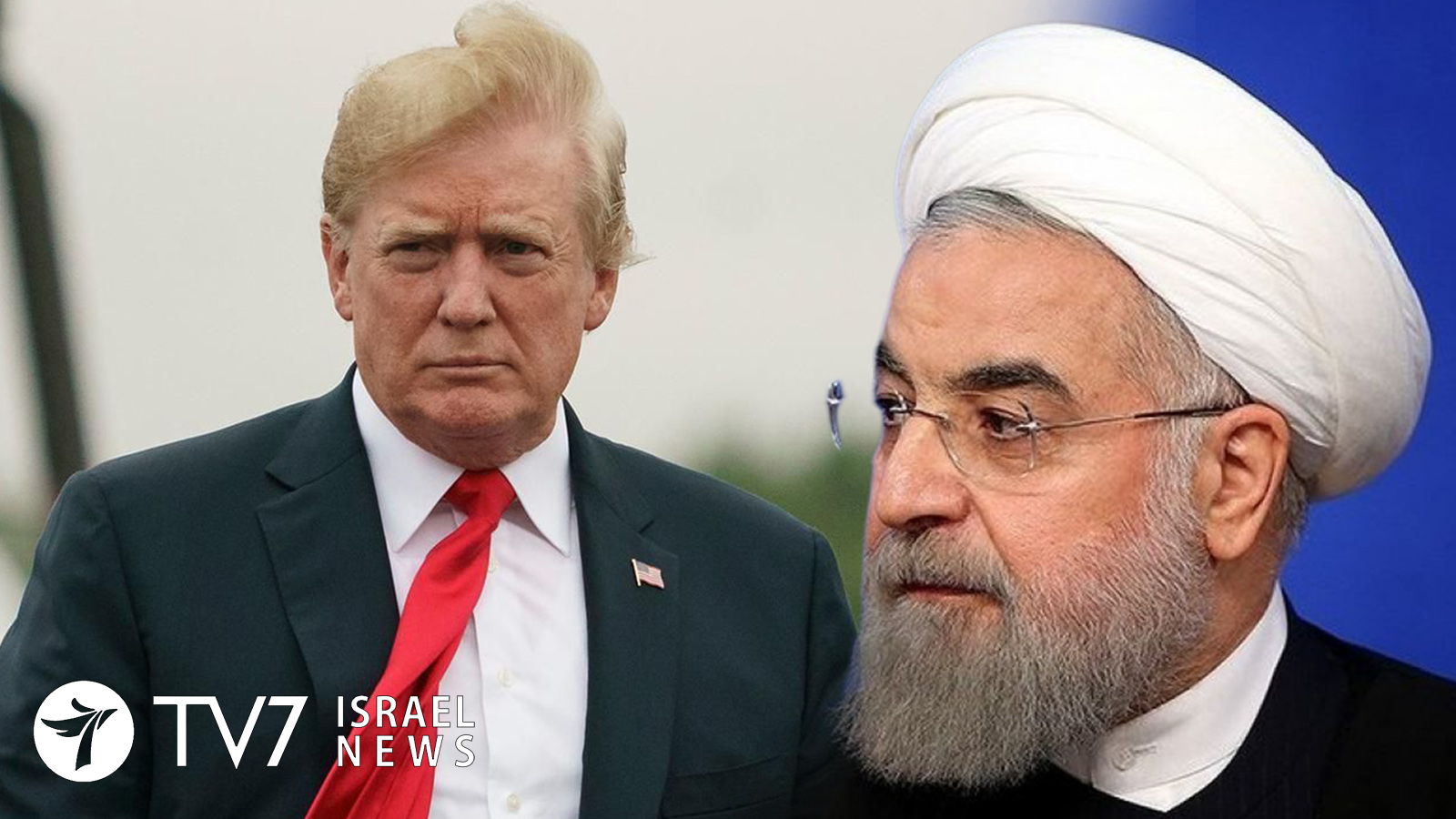Iran has begun enriching uranium to 4.5%, breaking the 3.67% limit set by its landmark 2015 nuclear deal with world powers. The Spokesman of the Islamic Republic’s Atomic Energy Organization, Behrouz Kamalvandi, made the announcement on state television, underscoring that his country will begin to process the chemical element to the level of 5% for use in fueling its Bushehr power plant, and may soon consider increasing enrichment to 20% – or higher.
Such developments are of major concern to nuclear nonproliferation experts, as that level is just a technical step below the 90% weapons-grade level.
In addition, the Ayatollah Regime proclaimed its intention to keep reducing its commitments every 60 days unless signatories of the pact move to protect it from U.S. sanctions. Iran’s Foreign Ministry Spokesman Abbas Mousavi went on to warn Tehran’s European partners from taking any escalatory response to its breaching of the uranium enrichment limit.
The violations prompted a warning from U.S. President Donald Trump, who said “Iran’s doing a lot of bad things” and had “better be careful.” The American leader declined to elaborate on what action Washington might take in response.
Israeli Prime Minister Benjamin Netanyahu blasted the announced-increase as a “very, very dangerous step,” which he said contravenes Iran’s “solemn promise under the U.N. Security Council,” while stressing that “The enrichment of uranium is made for one reason and one reason only – it’s for the creation of atomic bombs.”
Netanyahu reminded the P5+1 signatories to the Joint Comprehensive Plan of Action of their commitment to immediately enact “snap back sanctions” in the event of Iranian violations, saying, “They just did. Where are you?”
The Israeli Premier demanded that Europe slap punitive measures against Tehran, saying “I call on my friends, the heads of France, Britain and Germany – you signed this deal and you said that as soon as they take this step severe sanctions will be imposed – that was the Security Council Resolution. Where are you?”
The choice by Paris, London or Berlin to trigger a ‘dispute resolution process’ incorporated in the JCPOA could lead the United Nations Security Council to order major sanctions against the Islamic Republic, within as few as 65 days. For now, however, none of the parties have indicated interest in taking such a step. A statement from the German Foreign Ministry today said that Tehran “must be persuaded to stick to its commitments set by the 2015 nuclear deal.” A ministry spokesman said Berlin is still acting to preserve the JCPOA, but acknowledged that “The ball is clearly in Iran’s court.”
The other remaining partners, Russia and China, are allies of Iran and unlikely to make such a move. Both Moscow and Beijing today blamed the escalating crisis with Tehran on U.S. President Donald Trump’s May 2018 withdrawal from the deal between Iran and six world powers, that promised Iran relief from punishing sanctions in return for curbs on its nuclear activities; and imposed crippling economic measures on many sectors in the Islamic Republic including critical oil and financial industries.
Chinese Foreign Ministry Spokesman Geng Shuang Beijing today asserted that “The maximum pressure exerted by the U.S. on Iran is the root cause of the Iranian nuclear crisis,” and “The facts show that [Trump’s] unilateral bullying has already become a worsening tumor.”
Russian President Vladimir Putin’s spokesman Dmitry Peskov said the Kremlin is concerned over Iran’s resumption of enrichment at higher levels, which he blamed on Washington’s abandonment of the landmark atomic pact. Peskov reaffirmed Moscow’s commitment to the 2015 deal, and said “Russia aims to continue dialogue and efforts on the diplomatic front,” while pointing out that “Russia and President Putin warned of the consequences that would be imminent after one of the countries decided to end its obligations and exit the deal.”
